From Professional Pursuit to Personal Passion: The Journey of an Aquarist
Today, I want to share with you not just a story but a lifelong pursuit that transformed from a professional endeavour into a full-blown personal hobby in aquarium keeping.
Our recent Fanatics Friday Coffee Date with Dr Gerald Bassleer, a biologist who graduated in 1977 and specialized in the behaviour of animals, accepted a challenge that would lead him to the aquarist industry with little experience other than the bad experience of a carnival goldfish that met an untimely demise. What unfolds is a tale of becoming and belonging—of how one's career can bloom into an enduring love for the silent language of fish.
The leap into fishkeeping began with the need for a biologist at a major wholesaler in Belgium. Dr Bassleer had no prior knowledge of treating fish diseases; his introduction started with a simple microscope and a will to learn from every resource available. Despite initially not being a hobbyist, his professional role necessitated a deep understanding of fish pathologies, behaviours, and care. Need birthed fascination, and Dr. Bassleer found a vocation soon to be etched in his daily life.
Today's blog focuses on the heart of fishkeeping—understanding and interpreting fish behaviour as indicators of their health. Dr. Bassleer emphasizes the importance of closely observing your fish, particularly during feeding times. This routine allows aquarists to notice any changes; non-eating is a telling sign all is not well.
A fish's behaviour is its language, a dialect so refined that the apparent euphoria during feeding time or the dance near the water's surface can suggest contentment, while reluctance or lethargy might signal underlying distress. Subtle signs help diagnose and treat ailments better.
During our conversation, Dr. Gerald Bassleer reminded us of a few tenets in fish keeping:
Learning "Fishy Language" – The Essentials
- Observation: In human terms, we refer to it as 'the practice of mindfulness.' Observing is comprehending; the early hours of the day are precious moments when your fish communicate with you in their aquatic language.
- The Feeding Spot Check: A fish's appetite is a dependable indicator of its health. If a fish avoids its morning meal, it should be noted as attentively as a child who skips breakfast.
- Technical Check-Up: Never underestimate the silent workhorses – filters, heaters, thermometers. Make sure they're all pulling their weight.
- Quality Control: Fish food quality may decline. Ensure freshness for our aquatic pals who deserve top-notch nutrition.
Equip Yourself with Knowledge
- Arm yourself against common diseases such as fin rot, fuzzy fungus, or white spots by learning to spot and treat them accordingly. Dive deeper into identifying fish diseases by exploring the books authored by Dr. Bassleer.
- Monitor ammonia, nitrite, nitrates, and pH, and maintain the ideal temperature to ensure top-notch water quality for your aquatic friends. A reliable water testing kit is invaluable for keeping your tank environment healthy and thriving.
- Storing food is crucial. Remember to close the lid on fish food to maintain freshness securely. Dr Bassleer's fish food containers feature a lid design that creates a robust airtight seal.
Every Morning – A Fish Keeper's Ritual
- Spend a few peaceful moments observing your aquatic friends. Do they eagerly swim to greet the day as you sprinkle their feed, exuding energy and excitement? Or do they appear disinterested in their underwater world, maybe even a bit gloomy? Observing these subtle cues can offer insights into their well-being and happiness.
- This daily task requires no special equipment; all you need is dedication and a bit of that precious commodity—time. Setting aside moments in your day to truly focus on your aquarium can enhance its impact on your overall well-being and mindfulness while ensuring your fish are healthy and thriving.
Dr Gerald Bassleer's transformation from a biology graduate fixated on animal behaviour into an aquarist passionate about the silent language of fish is an inspiring blueprint for all of us in the hobby. It underscores the meticulous care and observation required to keep our aquatic friends thriving. So before you rush off to start the daily grind, please take a moment to connect with your fish and make sure they're doing well. Because even in this fast-paced world, we can all benefit from slowing down and appreciating the beauty of nature surrounding us.
Keeping fish is not just about providing them with food and a clean tank. Adherence to these tenets sets the stage for a thriving aquatic habitat and a rewarding hobby that allows us to connect with the natural world in our living spaces. Thank you, Dr. Bassleer, for sharing your insights and experiences. Whether it's an industry you stumble upon by chance or a hobby that finds you, maintaining the health and vibrancy of our aquatic friends is both a science and an art.
So, we return to our tanks, new knowledge bubbling beneath the surface, ready to listen more intently to our underwater companions' silent yet eloquent language.

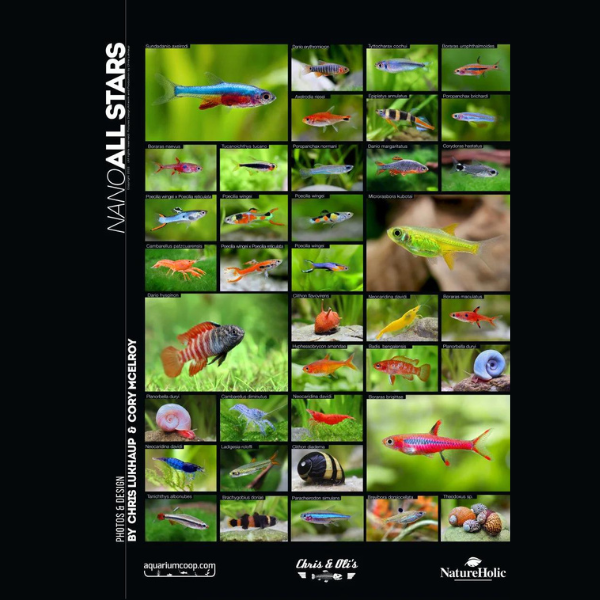
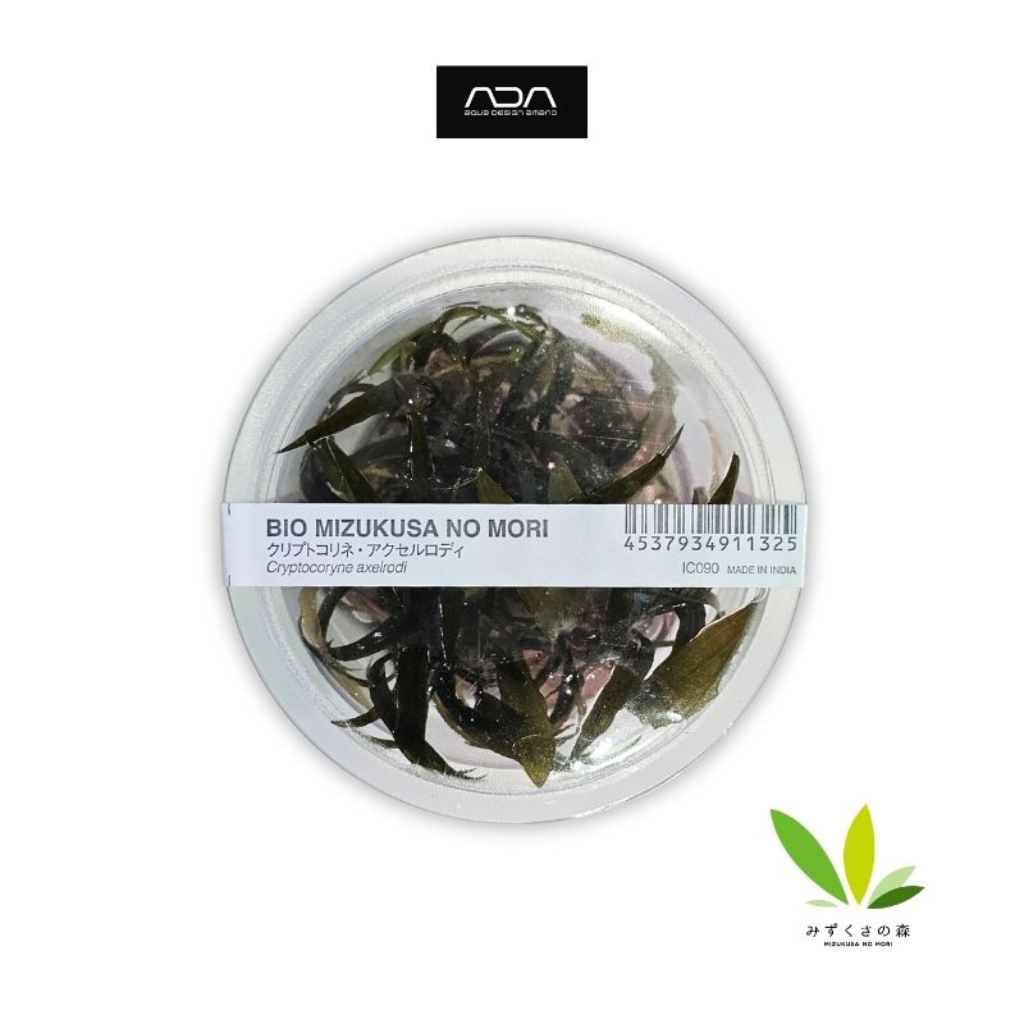
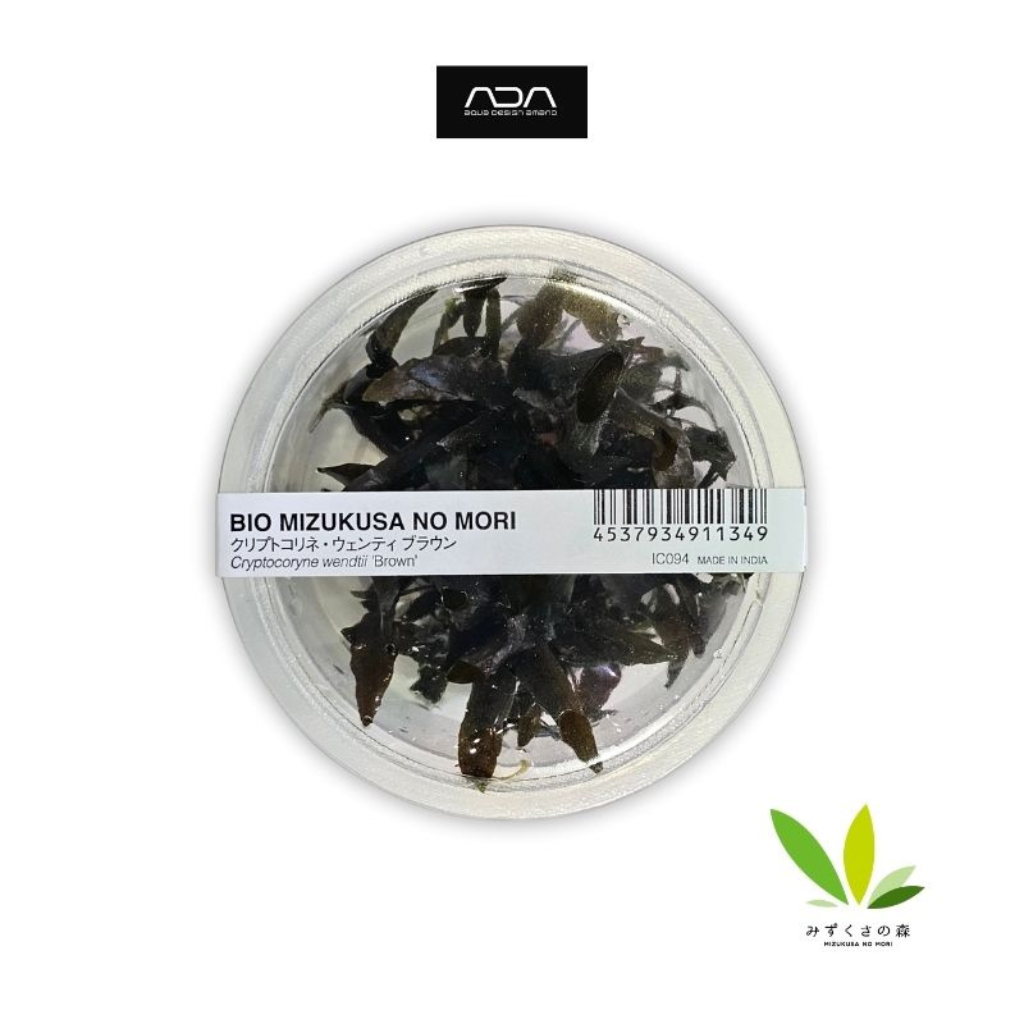
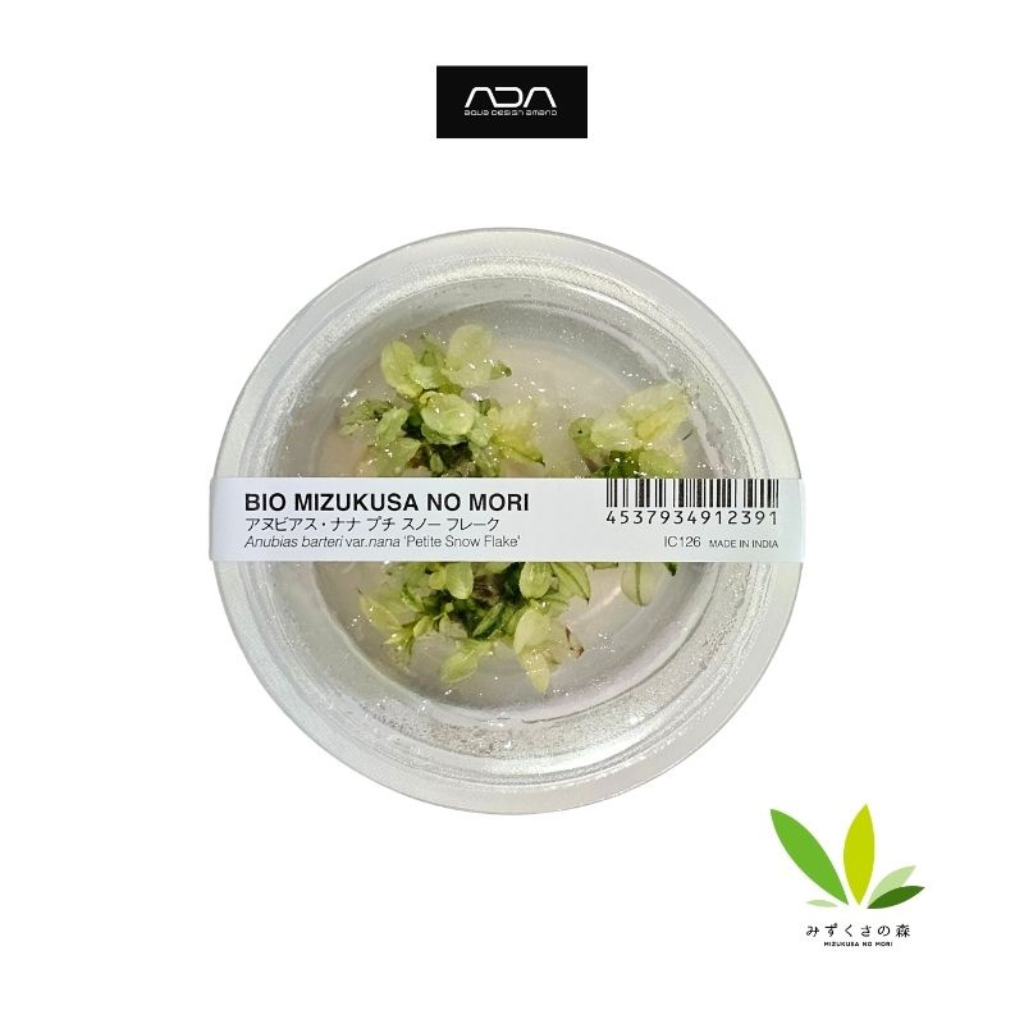

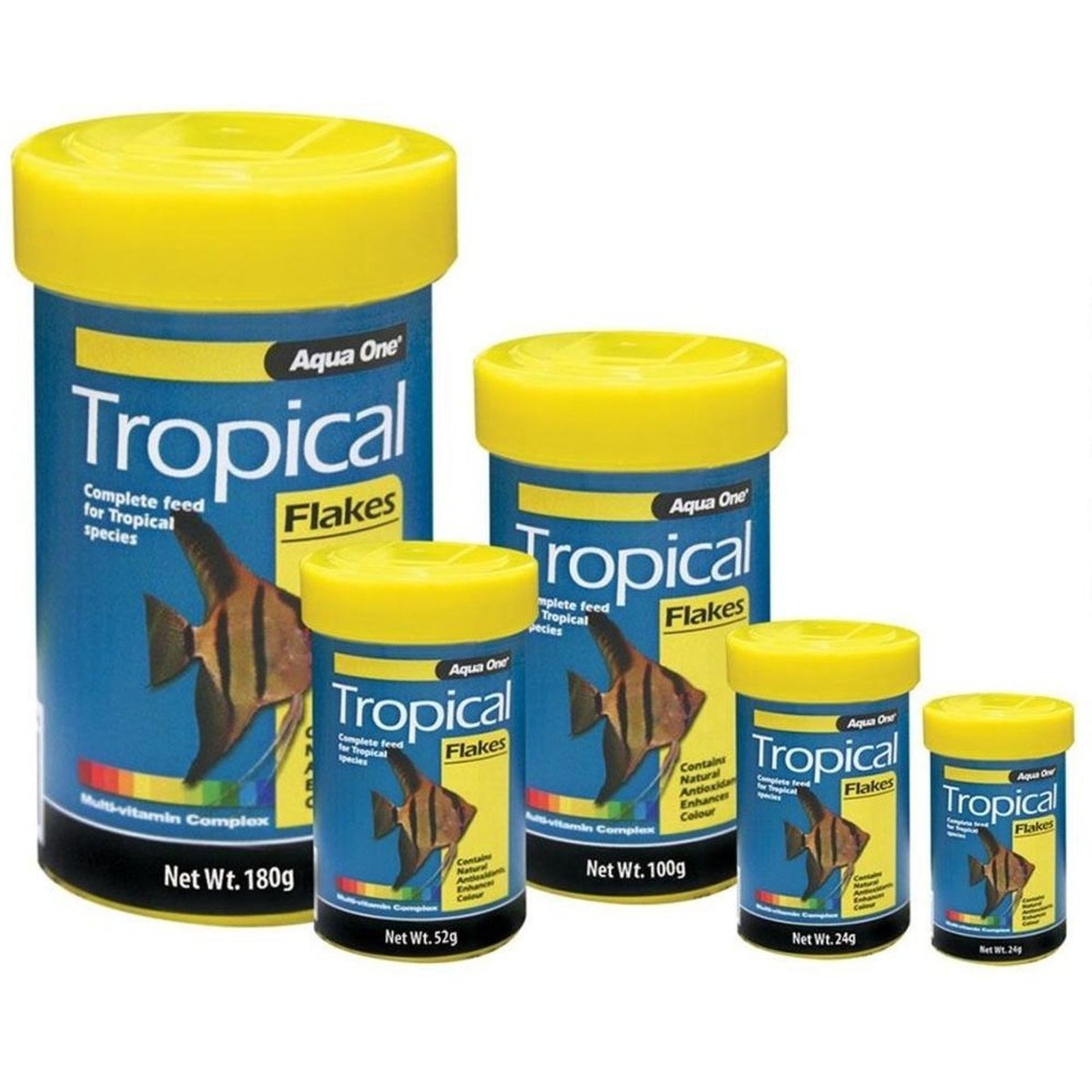








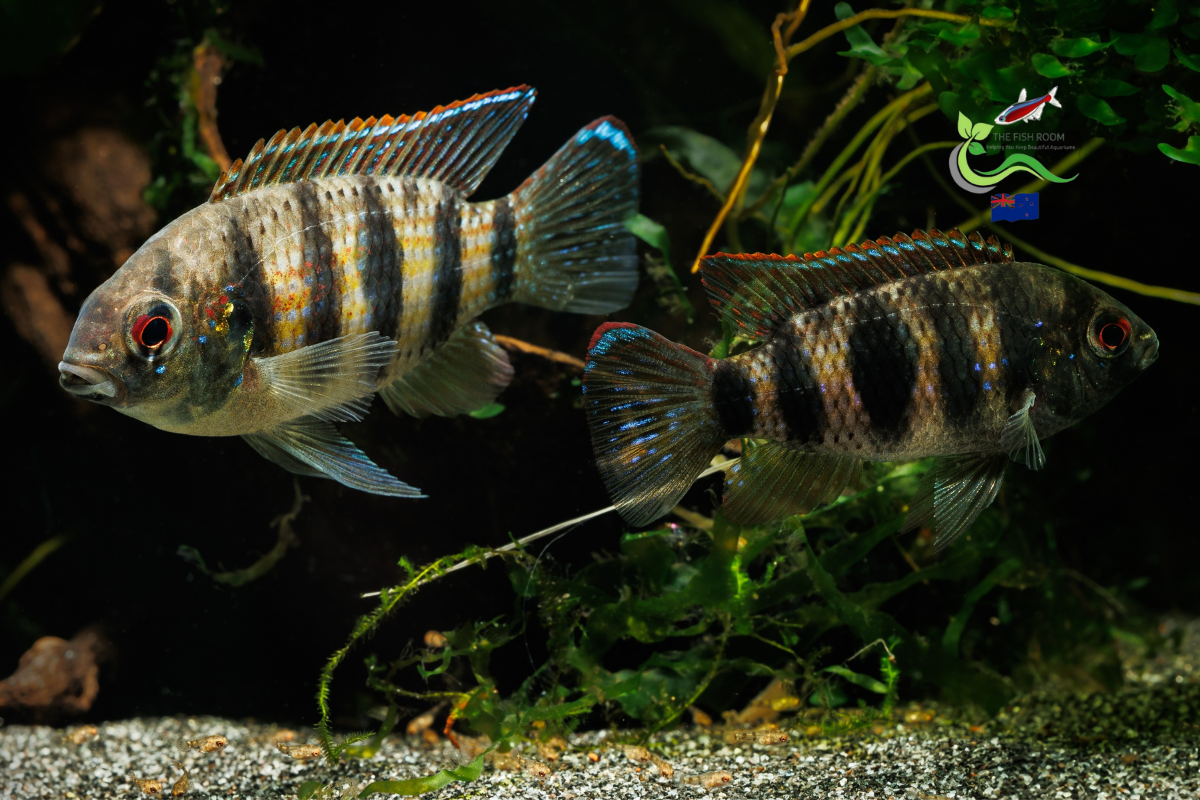
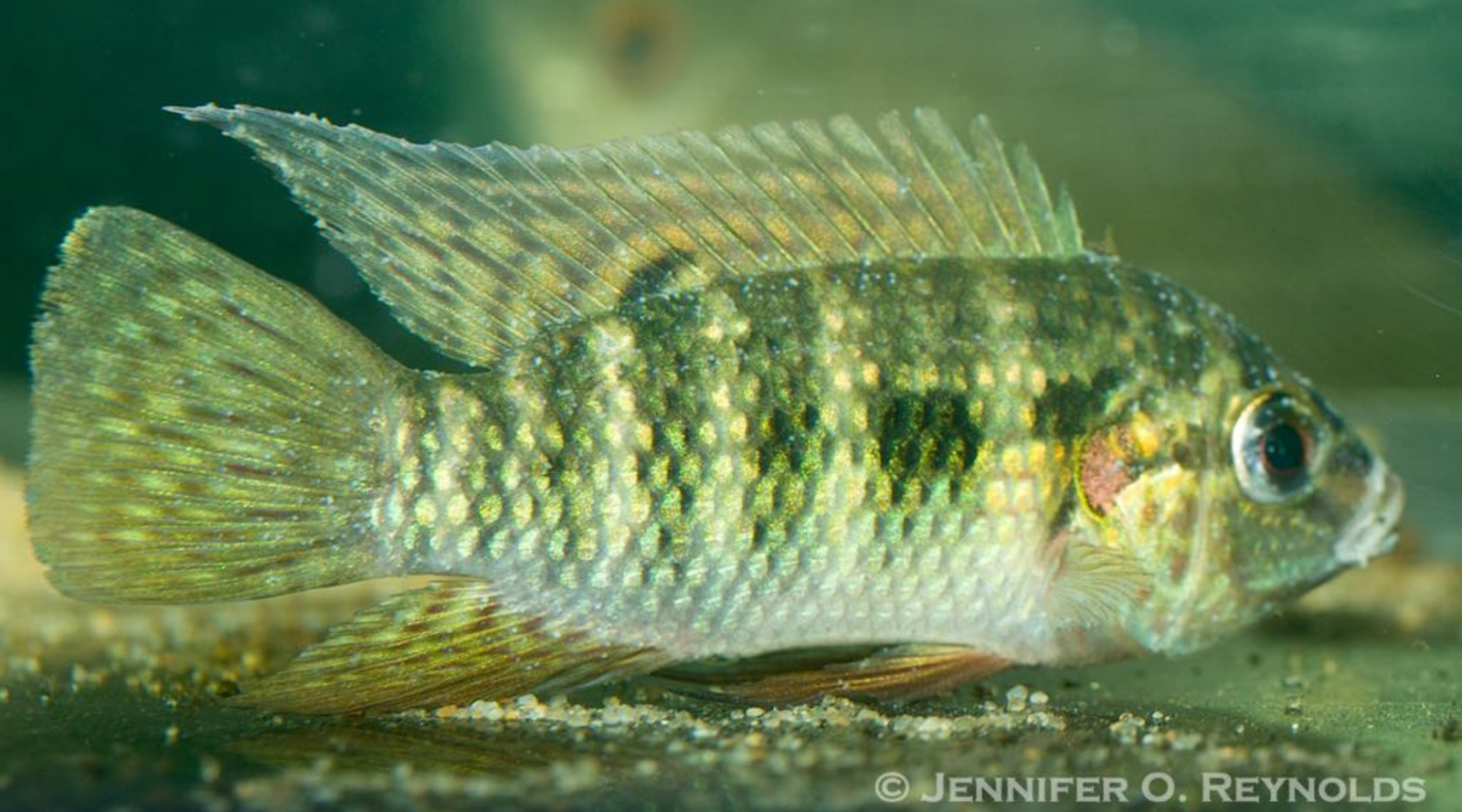
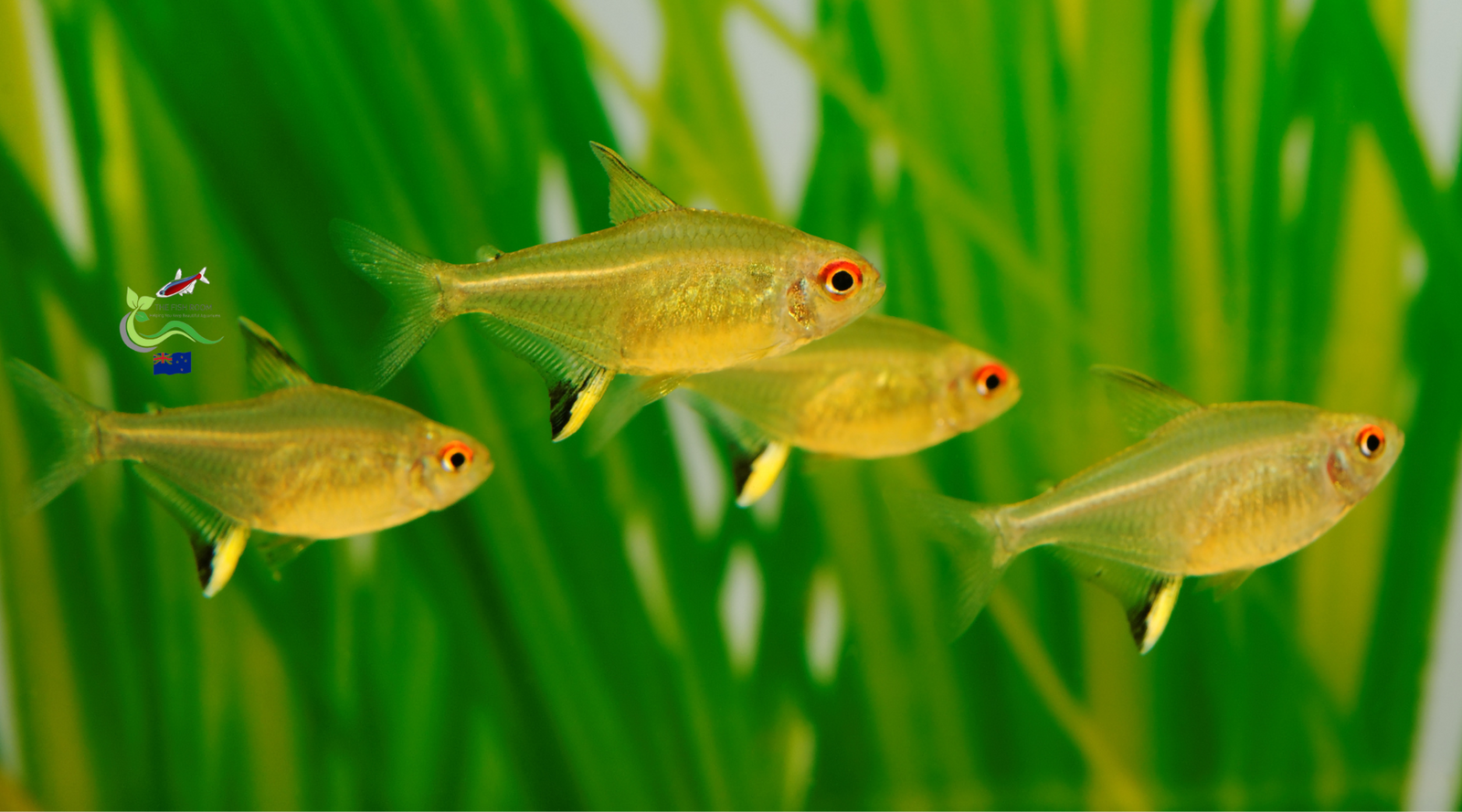
Leave a comment (all fields required)